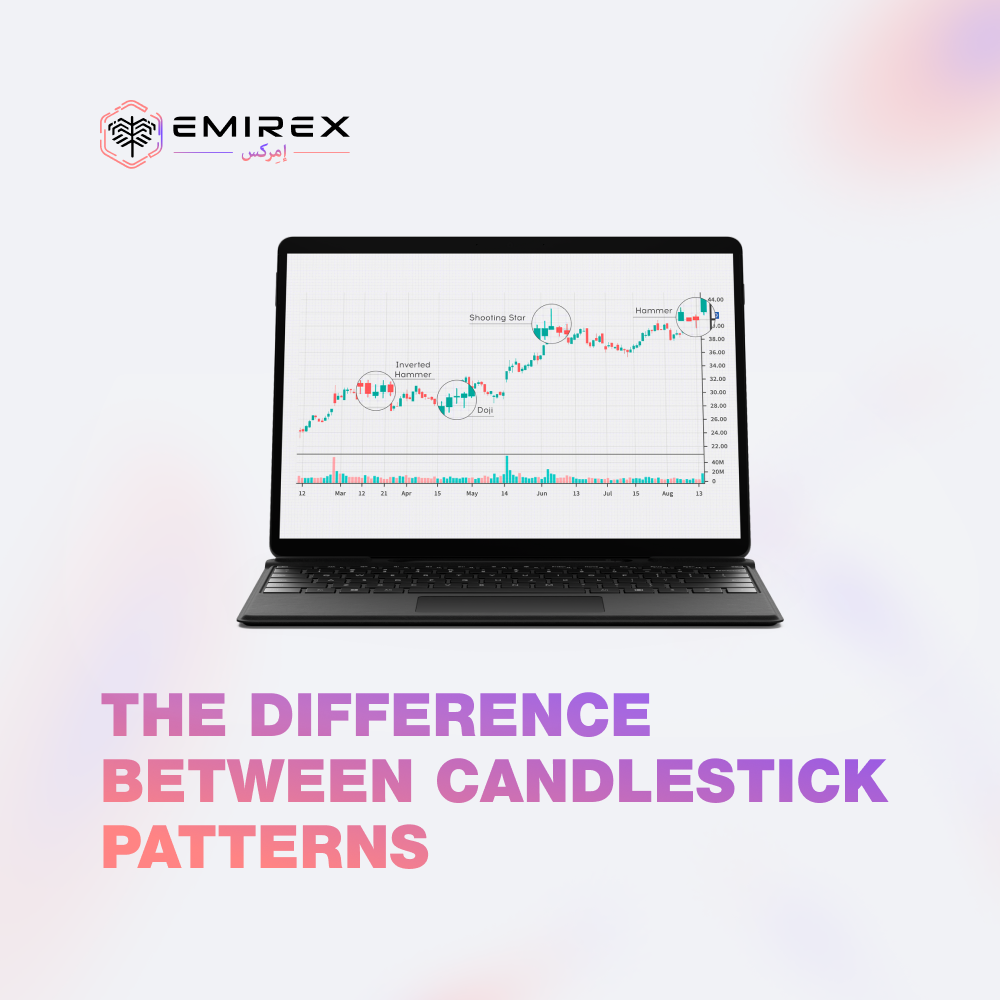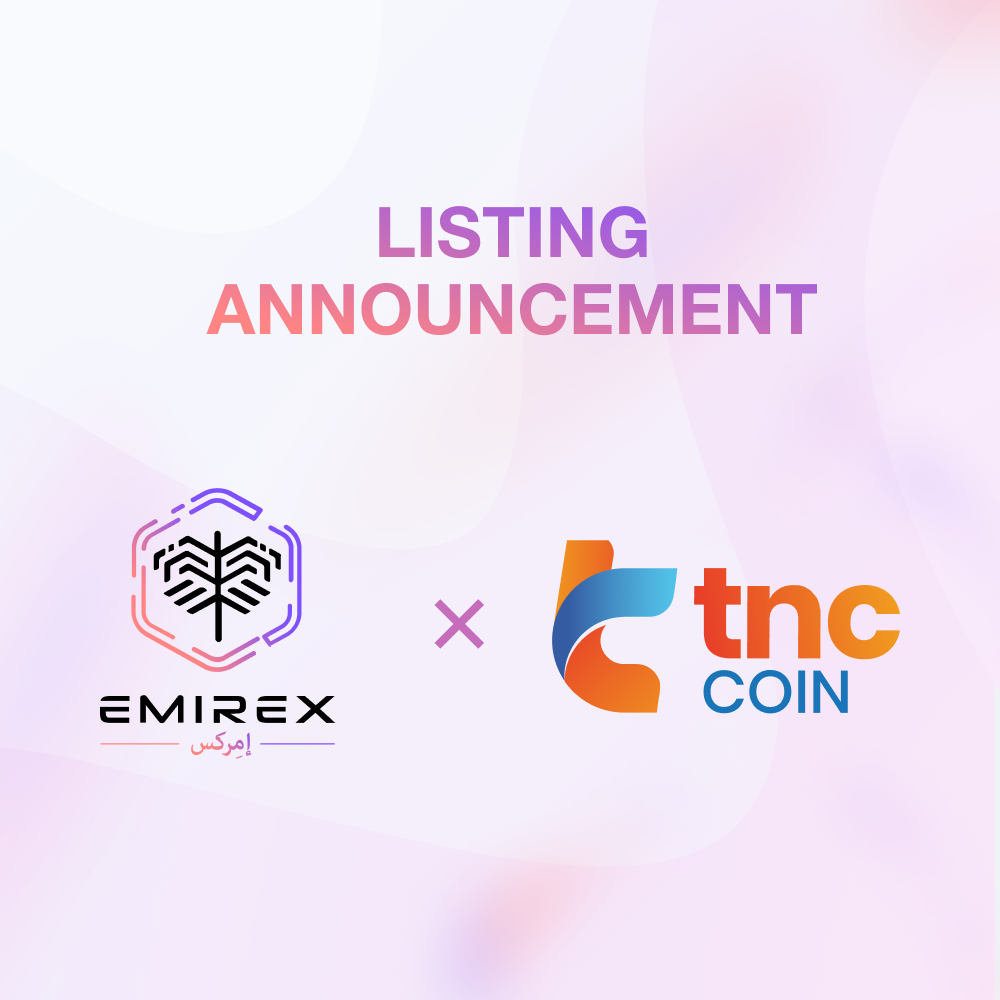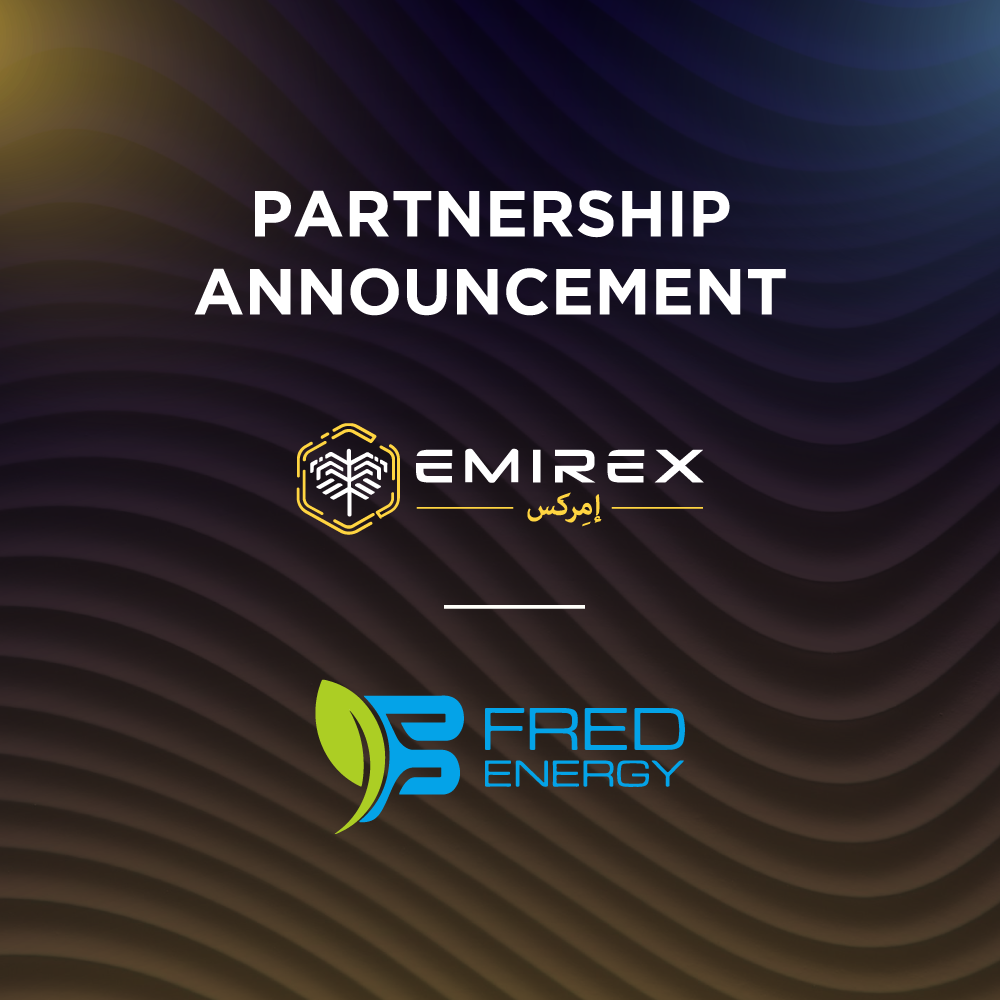The Litecoin Blockchain
Since the emergence of Bitcoin blockchain in 2009, several other blockchains have been created and their respective cryptocurrencies became widely spread. Some are more trusted and better capitalized, than the others, yet many of them were inspired by the idea of improving Bitcoin. Today we are looking at one such blockchain, called “Litecoin”. Let’s see what was the purpose of its creation and how is it different from Bitcoin.
Read on to find out everything you always wanted to know about blockchains in this Emirex article series!
Almost since the beginning of Bitcoin, the developers wanted to increase its transaction speed and make the transactions cheaper and certain members of the community started raising their concerns. As we have previously mentioned, when the disagreements in the community become critical, a hard fork resulting in two separate blockchains and two separate coins is highly likely. This is exactly what happened on the 7th of November 2011. Litecoin has emerged, with its own blockchain and its own cryptocurrency. In the span of the next couple of years, it was worth $1b. So what is Litecoin and how is it different from Bitcoin?
Just like Bitcoin, the purpose of the Litecoin is fast and cheap money transfers between individuals without any interference or control of third parties. Litecoin is also a mined cryptocurrency but it takes only 2.5 minutes to mine a block and get the transactions confirmed (as opposed to 10 minutes in Bitcoin’s case). Another benefit of Litecoin is that mining requires four times less electricity than that of Bitcoin. All these advances are possible due to the Litecoin’s crypto algorithm known as Scrypt. All these changes were made by Charlie Lee, the creator of Litecoin.
Litecoin is significantly cheaper than Bitcoin and the total number of coins is limited: there will be only 84 million Litecoins ever to be mined (Bitcoin’s supply is limited to 21 million coins). It is up to the reader to decide, whether this is an advantage or not. Some individuals prefer to transact in whole units rather than fractions. However, this is a matter of personal taste and does not affect the quality or security of the transactions in any way.
Emirex supports all of the existing blockchains, including the Litecoin blockchain. Stay tuned so you don’t miss the newly added articles that explain what makes various blockchains different from one another!






